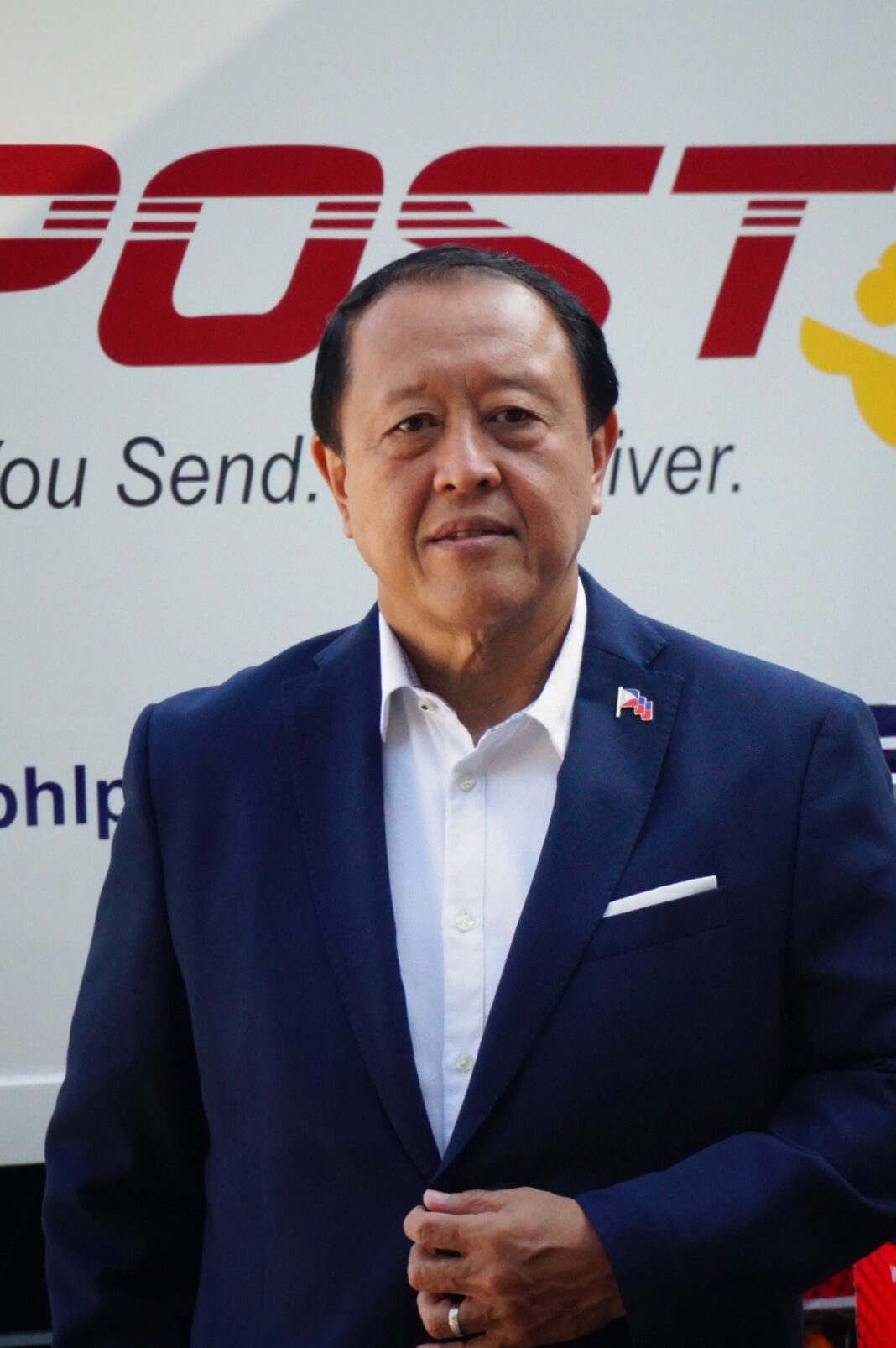The Philippine Postal Corporation (PHLPost) is a government-owned-and-controlled corporation under Republic Act 7354 or the ‘Postal Service Act of 1992.
Its mandate is to be the designated operator of the country’s postal system and it does not get money from the National Treasury. It only gets money from its operations.
PHLPost Postmaster General and Chief Executive Officer Luis D. Carlos said the agency provides free postal service to some 14 government agencies.
This franking privilege is one of the biggest expenses of the postal service, amounting to more than 500 million in total for the year 2022.
The Postmaster General and CEO is of the position that government provide a “subsidy” for PHLPost to reimburse delivery cost.
“Every time we deliver mail, there is an equivalent cost in terms of transportation, personnel, gasoline, and the like. We ask for that subsidy every year to cover the personnel services. The ‘franking privilege’ is mandated by law and we cannot do anything about it except to request that perhaps we can be allocated a certain amount to cover the service. If not, we can bring the request to the Department of Budget and Management, then to both Houses of Congress, or to the Office of the President since we are under them. We are glad that we were given the subsidy last year,” Carlos elaborated.
PARCEL SORTING MACHINE

PHLPost is transitioning from a strictly letter handling facility to that of a logistics service provider that handles mails.
According to Carlos, the agency now has a letter sorting machine—the only one in the country—that can sort about 30,000 to 40,000 letters per hour.
To continue its drive to modernization and become more of an e-commerce delivery provider, Carlos said they had been set to buy a parcel sorting machine. However, the procurement of the machine was cancelled at the last minute because of the fire that hit the Manila Central Post Office on May 21, 2023.
Carlos said it is urgent for them to buy the machine now because if not, it may be given to another developing country. “We can avail of the Universal Postal Union (UPU) Quality Service Fund (QSF), which we can use to buy the parcel sorting machine that costs around P150 million. The UPU QSF can be used to pay half of the total amount and the rest will be shouldered by PHLPost. However, the UPU told us to pay the whole amount in advance first, which we must do,” lamented Carlos.
If the procurement of the parcel sorting machine pushes through, he said they will position or install that parcel sorting machine properly so that once parcels come in, they don’t have to sort the parcels painstakingly one by one or manually.
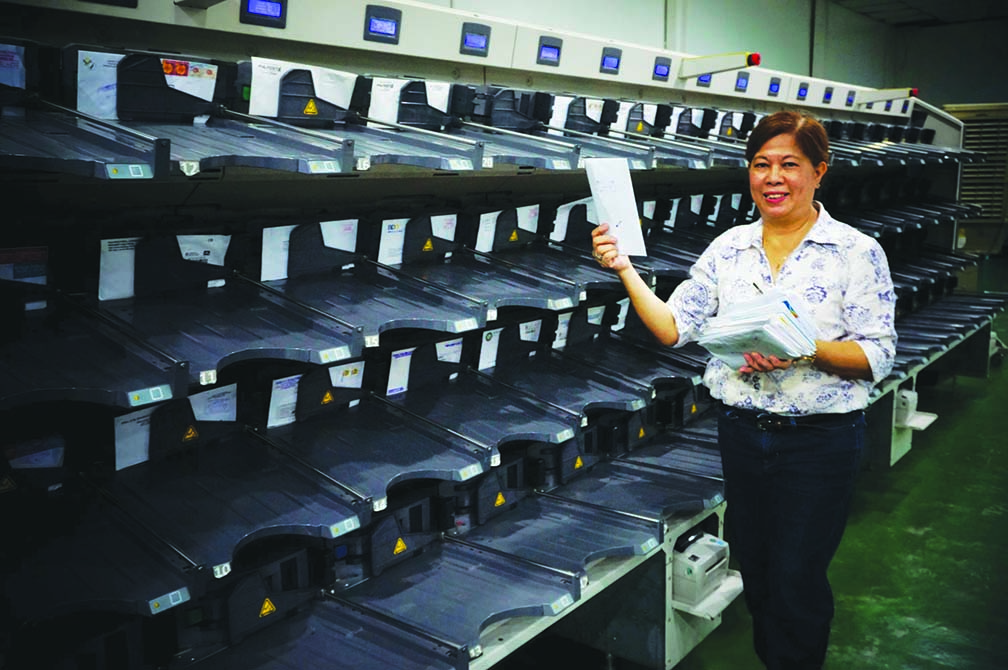
“Of course, the checking of whether parcels are taxable or not remains under the domain of the Bureau of Customs, but once it is determined that the parcels are non-taxable, it will go straight to us, and sorted through the sorting machine for releasing through the respective barangays, cities or regions, again based on the proposed new Zip Code PH,” Carlos said.
The new ZIP Code PH will be convenient for residents expecting parcels or mails. It will also be advantageous for private couriers which will be able to conduct their business with greater speed.
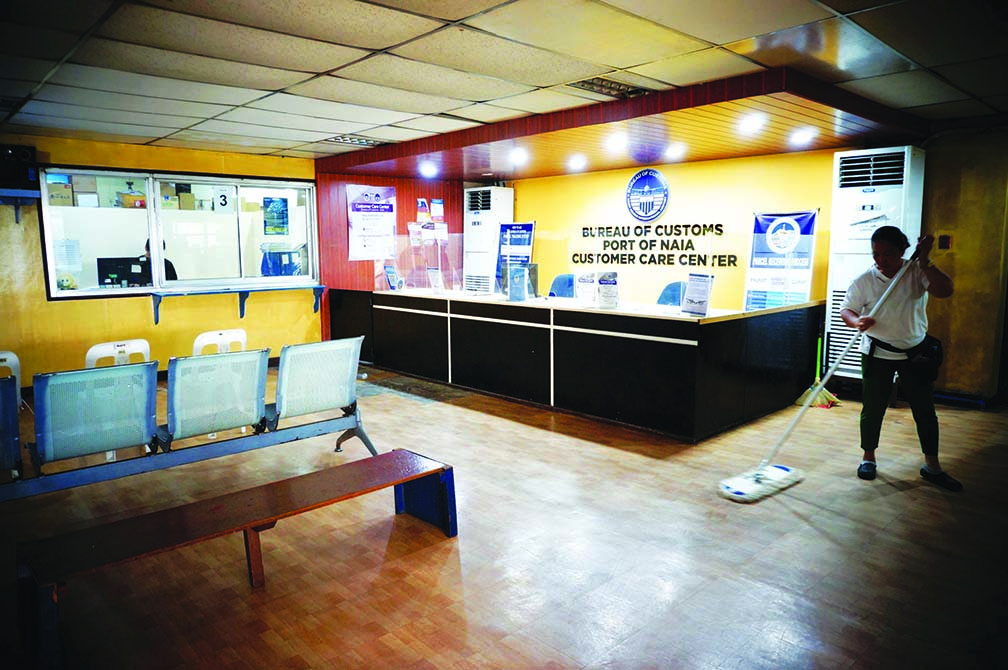
From an economic standpoint, the new ZIP Code PH can help boost the country’s Gross Domestic Product (GDP) because business or e-commerce will be smooth flowing and convenient.
REMITTANCE FLOW
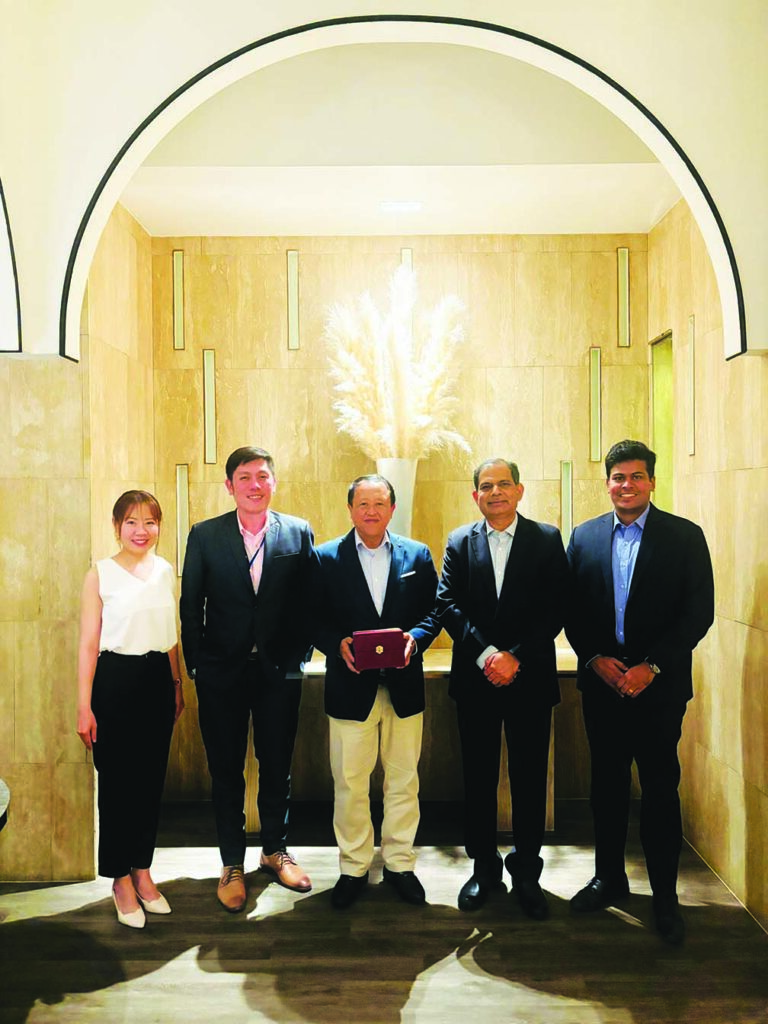
The new ZIP Code PH will make PHLPost a good choice when sending posts or parcels in 192 member countries of the Universal Postal Union (UPU).
“The United States Postal Service (USPS), a UPU member, will prioritize items sent by PHLPost to the U.S.,” Carlos said.
He added that this, in effect, will benefit Overseas Filipino Workers (OFWs) who work in UPU-member countries.
Carlos cited, as an example, an OFW working in Italy. “There are many remittance centers in Rome. But if the OFW is working in a remote area where only big banks are present, it would be somewhat intimidating for this kababayan to transact and send money through a big bank.”
One solution to the OFW’s dilemma is to transact and send money through UPU member Poste Italiane, which is also the state postal service provider in Italy. Their remittances will be handled with dispatch, since Poste Italiane and PHLPost are both UPU members.
But if they can reach Poste Italiane, a UPU member that is also the state postal service provider in Italy, their remittances will be addressed with dispatch and possibly, with lower processing fees.
As mentioned in the UPU Strategy declared in their website, “the postal sector is facing unprecedented change as the decades-long trends of liberalization and digitalization continue to transform the world.”
It added: “As the UN agency for the postal sector, the Universal Postal Union is called upon to play a role in this new environment. In order to do so, the organization needs a strategy that builds on past successes while opening a prosperous way forward.”
The Philippine government, together with other members of the UPU, signed a “Universal Service Obligation” to show their commitment in delivering reliable and affordable postal service to the people.
Carlos said PHLPost is also in talks with India Post, another UPU member. “India Post has offered assistance in terms of providing a system with regards to remittances, and they are willing to give it to us for free. A select team of PHLPost went to India to study the system.
INTERNATIONAL RELATIONS
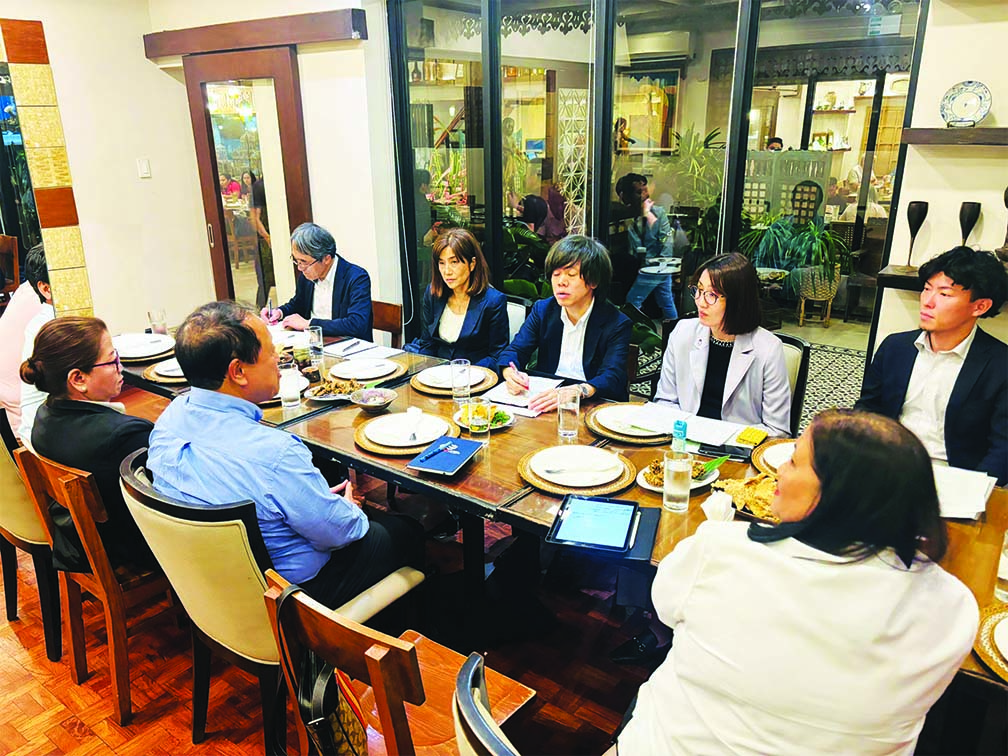
The Postmaster General bared that PHLPost is beefing up its international relations all over the world in an all-out effort to boost its resiliency.
Recently, PHLPost had a meeting with officials of Japan Post who said they will assist in enhancing the Central Mail Exchange in Pasay City. In Japan, there are around six cental mail exchanges that are similar to that of Pasay City.
Carlos said that PHLPost is set to sign a Memorandum of Understanding with Japan’s Ministry of Internal Affairs and Communications, stating that Japan Post will help PHLPost in the latter’s central mail exchange.
The United States Agency for International Development (USAID), for its part, will finish its technical assessment and review of PHLPost operations by the third quarter of this year. The USAID has committed to helping PHLPost modernize its postal system.
Carlos hopes that PHLPost will also be able to implement the USPS’ way of sending parcels using the internet—from processing to payment, all the way to printing labels— with the exception of on-site inspection, which is a must to ensure security and safety.
“I sincerely believe we can do the same thing here in the Philippines, but we will need money for that so that we can effectively streamline and modernize our operations to be able to provide quality postal services that the public expects. Once everything is in place, I believe the President will do everything he can to get us the needed funds,” Carlos pointed out.
Partnerships with UPU co-members like Japan, India, and the United States allow for the exchange of best practices in improving postal systems.
“All our efforts are focused on increasing the reliability of PHLPost,” Carlos said.
HUMAN CAPITAL
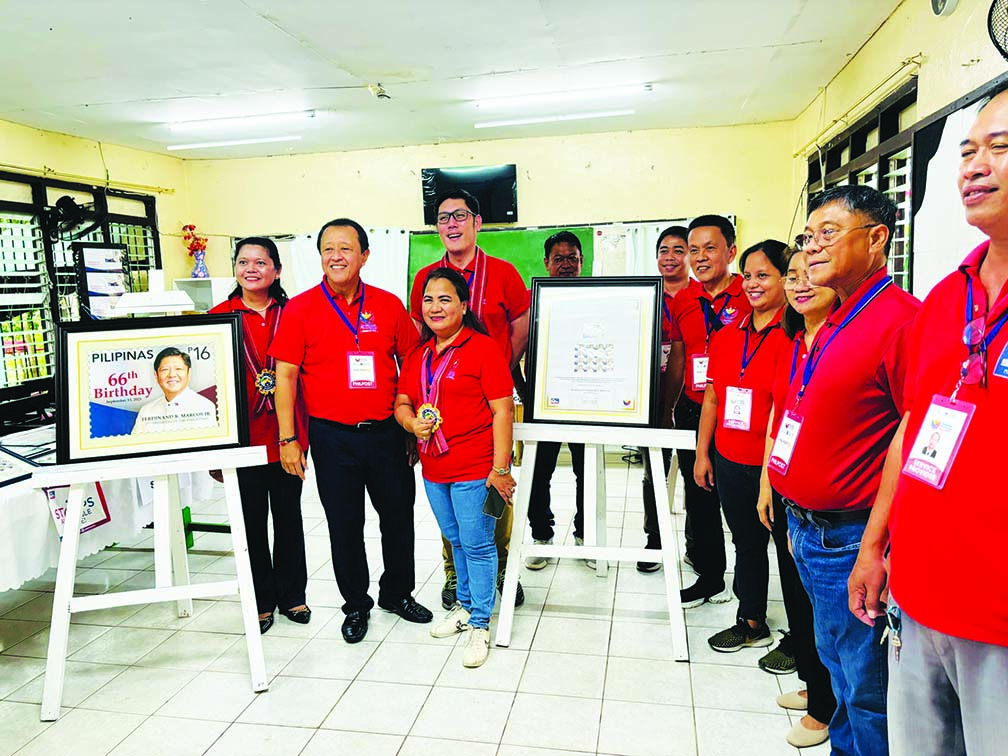
The PHLPost is on the cusp of modernizing not just its facilities and equipment but also its personnel. These moves are meant to prepare the agency for what lies ahead in the era of digitization and e-commerce.
After becoming a corporation in 1992, PHLPost had almost 20,000 employees. Today, it has managed to bring down its plantilla personnel to 7,044.
Carlos said that even before the reorganization and personnel streamlining pronouncement of the President, PHLPost was already rationalizing its staff and personnel as early as 2013, during the time of ex-Postmaster General Josefina dela Cruz.
“However, the Civil Service Commission did not accept the rationalization because apparently, there were certain errors. Everything they did in terms of rationalization were all invalidated so we can’t do anything, we can’t move, and the career paths of our personnel were somewhat lost,” he said.
On his first month in office, Carlos said that one of the earliest actions was to address the agency’s human capital. “When I came on board, the first thing I did was to streamline our personnel without sacrificing quality of service.”
PHLPost’s human capital, Carlos mentioned, is already ageing, adding that everybody was retiring, and they haven’t found replacements yet. Fixing the corporation was hinged on what the President said—focus on good corporate governance, and then do something about their human capital.
Summing up his moves, Carlos said: “It’s like merging the good traits and features of both public and private sector corporate practices, and that’s exactly what I did. I brought all of my experiences, my knowledge and other learnings while I was working with the private sector, and I am bringing that mindset to PHLPost so we can bring the current PHLPost to new heights in terms of delivering postal services. The Philippines and the Filipinos deserve no less.”

